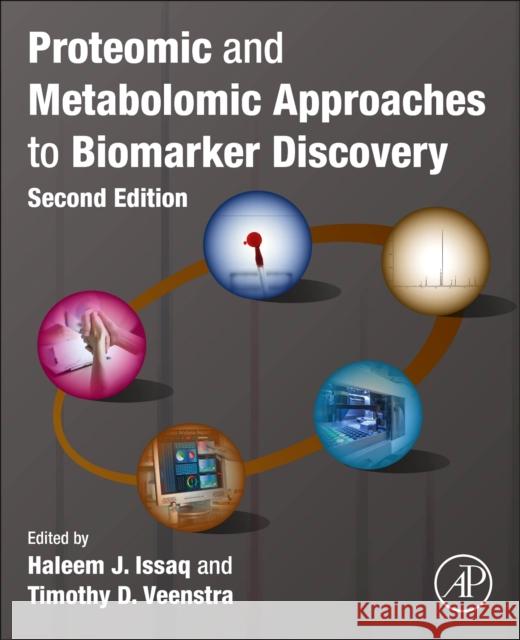Proteomic and Metabolomic Approaches to Biomarker Discovery » książka
topmenu
Proteomic and Metabolomic Approaches to Biomarker Discovery
ISBN-13: 9780128186077 / Angielski / Miękka / 2019 / 524 str.
Kategorie:
Kategorie BISAC:
Wydawca:
Academic Press
Język:
Angielski
ISBN-13:
9780128186077
Rok wydania:
2019
Ilość stron:
524
Oprawa:
Miękka
Wolumenów:
01
Dodatkowe informacje:
Bibliografia
Wydanie ilustrowane
Wydanie ilustrowane











